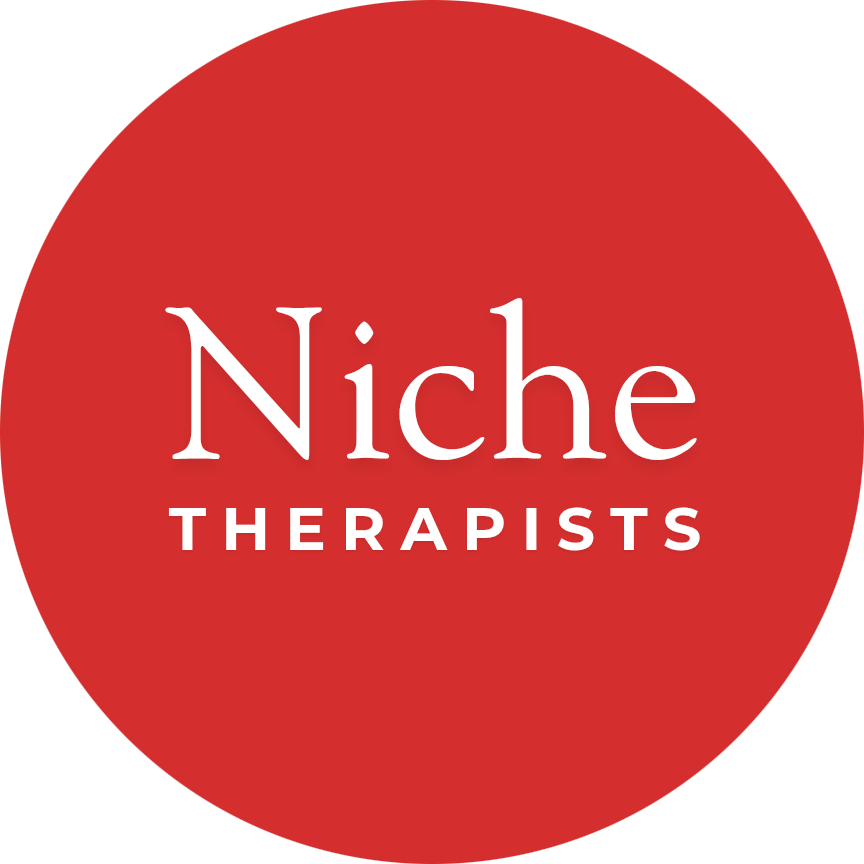
Struggling with Sleep? NLP & Hypnotherapy Can Help
Discover how NLP and hypnotherapy can help calm your racing mind, reset your nervous system, and support deep, restorative sleep.
Tired of Feeling Tired? You’re Not Alone
Whether you’re struggling to fall asleep, waking up in the night, or feeling drained no matter how many hours you get – sleep problems can take a serious toll on your energy, focus, and mood.
Often, the root of the issue isn’t just physical – it’s mental. Stress, overthinking, and anxious habits can condition your brain to stay alert when it should be resting (Harvey, 2002; McEwen, 2007).
The good news? Your brain can be retrained.
How NLP & Hypnotherapy Help You Sleep Naturally
These powerful, mind-body therapies work by helping you shift your internal responses to stress, sleep, and rest. Rather than “trying harder” to sleep, you’ll learn how to relax more deeply and rewire unhelpful patterns at the subconscious level.
Here’s how they help:
✔ Calm the Racing Mind – Hypnosis gently guides your brain into a relaxed, sleep-ready state – slowing brainwaves and switching off overthinking (Hammond, 2010).
✔ Break the Insomnia Loop – NLP helps change the subconscious associations you’ve built around sleep (e.g., “I dread bedtime”), allowing your nervous system to relearn that sleep is safe and natural (Stanton, 1989).
✔ Reframe Unhelpful Thoughts – Thoughts like “I won’t sleep again tonight” create tension. NLP tools help shift your internal dialogue and reduce anticipatory anxiety (Tosey & Mathison, 2010).
✔ Activate the Body’s Sleep System – Hypnotherapy supports the parasympathetic nervous system – your natural “rest and digest” state – helping the body unwind and reset (Walker, 2017).
✔ Regulate Stress and Emotion – Both therapies reduce stress and emotional arousal – key drivers of long-term sleep disruption (Gruzelier, 2002; McEwen, 2007).
✔ Rebuild Sleep Confidence – As your brain re-learns how to switch off, you begin to feel more in control of your sleep and less dependent on external aids.
Sleep Is Not Something You Force – It’s Something You Return To
With the Michelle’s support, your body can learn how to rest. NLP and hypnotherapy offer a gentle but powerful approach to help you:
• Fall asleep faster
• Sleep more deeply
• Wake up feeling more refreshed
• Reconnect with your body’s natural rhythms
Ready to Sleep Better?
You don’t have to live in a cycle of exhaustion and frustration.
Book a free consultation with Michelle or get in touch to explore how NLP and hypnotherapy can help you sleep well – naturally.
References
• Espie, C. A. (2006). Overcoming Insomnia and Sleep Problems.
• Gruzelier, J. (2002). Hypnosis and health: A review. Stress, 5(2), 147–163.
• Hammond, D. C. (2010). Hypnosis in the treatment of stress-related disorders. American Journal of Clinical Hypnosis, 53(1), 27–49.
• Harvey, A. G. (2002). A cognitive model of insomnia. Behaviour Research and Therapy, 40(8), 869–893.
• McEwen, B. S. (2007). Central role of the brain in stress and adaptation. Physiological Reviews, 87(3), 873–904.
• Stanton, H. E. (1989). Hypnotherapy with insomniacs: A study of two approaches. Australian Journal of Clinical Hypnotherapy and Hypnosis, 10(2), 84–91.
• Tosey, P., & Mathison, J. (2010). Neuro-Linguistic Programming: A Critical Appreciation.
• Walker, M. (2017). Why We Sleep: Unlocking the Power of Sleep and Dreams.
